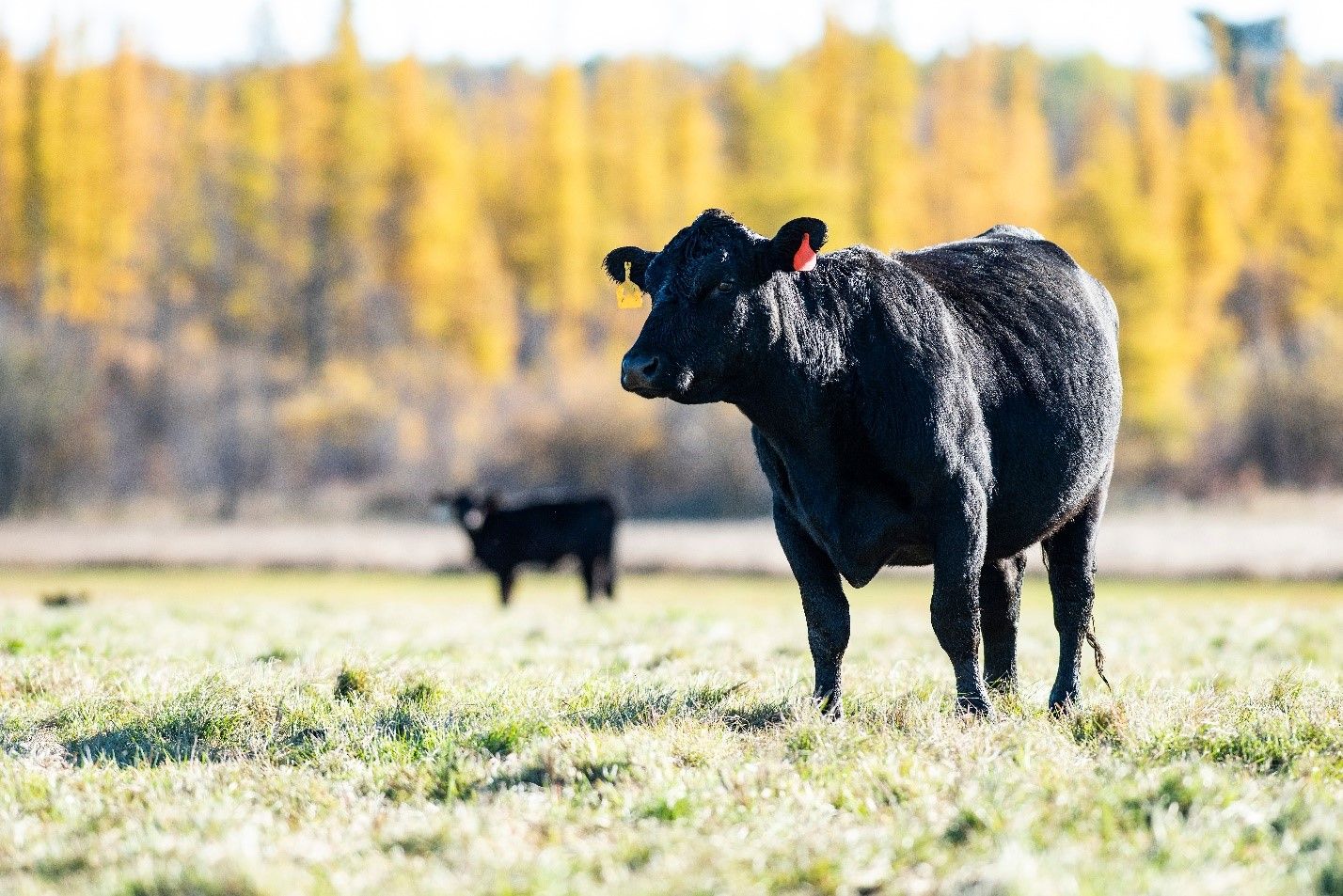Beef has a sustainability problem. What's the fix?

It is important to consumers that beef is sustainable, and most critics feel the same way.
According to the Food and Agriculture Organization of the United Nations, livestock contributes 14.5% of manmade greenhouse gas emissions globally, with beef accounting for the largest share. Additionally, the livestock industry accounted for the second-largest share of methane emissions in the U.S. in 2019, according to the EPA. Since 2000, global methane emissions from cattle have increased by over 10%, according to Statista.
“We all worry about what this future looks like, and we all feel extreme pressure to mitigate these impacts in a very real way,” said Kim Stackhouse-Lawson, professor of animal science at Colorado State University and a researcher of sustainable cattle herding methods.
While consumer attitudes towards beef may be shifting over time due to its large environmental footprint, Gro Intelligence reports that sales have risen 12% above the 20-year average in the month of June. Plant-based meat alternatives, whose production emits anywhere from 30% to 90% less greenhouse gas than animal-based meat, have also put pressure on the beef industry to address sustainability.
As a result, beef suppliers have started to establish objectives to lower emissions by utilizing strategies like regenerative farming and methane-reducing feed. Critics contend that meat producers are neglecting potential effective, albeit pricey, solutions to the problem.
This article was originally published here
)
)
)
)
)
)
)
)
)
)
)
)
)
)
)
)
)
